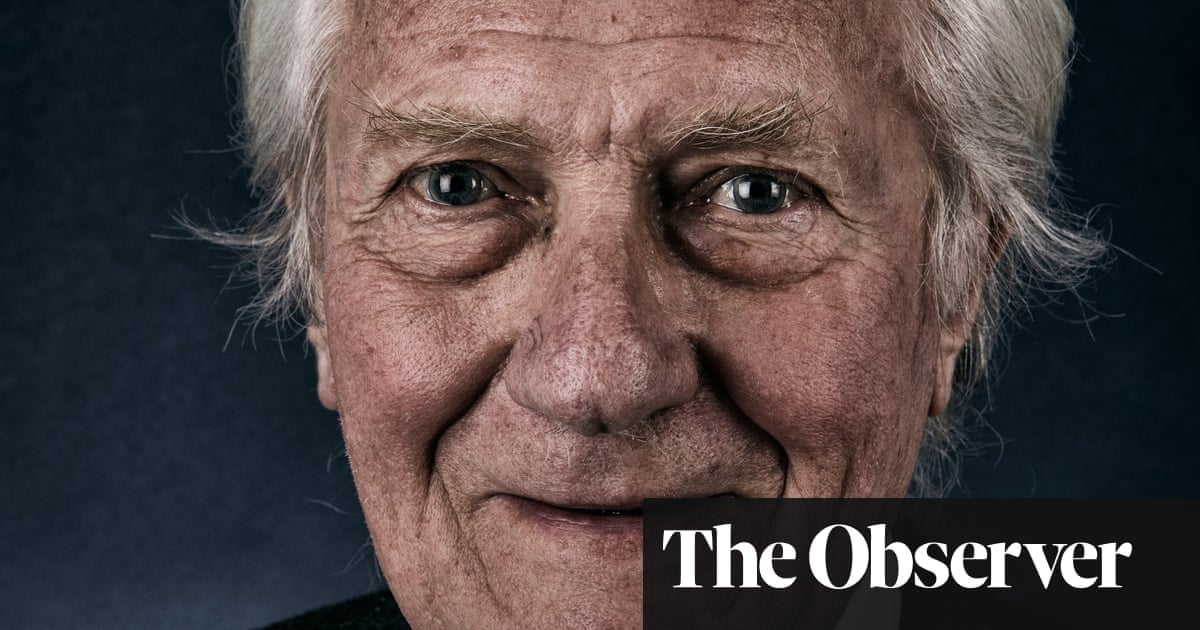
For those of us living in the UAE, the year 2019 could not have had a more phenomenal beginning. In February, the nation celebrated the long-awaited papal visit to the country (the first ever to the Arabian Peninsula) and the historic pledge of fraternity that Pope Francis and Dr. Ahmed Al-Tayeb, the Grand Imam of Al-Azhar, signed in Abu Dhabi in the presence of Sheikh Mohammed bin Rashid Al-Maktoum and Sheikh Mohammed bin Zayed Al-Nahyan. A month later, we celebrated the incredible success of the Special Olympics World Games, when more than 7,500 athletes and 3,000 coaches from 190 nations gathered for 24 events held in Abu Dhabi and Dubai.
Among the athletes was 14-year old Emirati Abdul Aziz Al-Hammadi, a gymnast, tennis player and equestrian. He was the first Emirati to participate in Special Olympics gymnastics. He also happens to be autistic. Across local social media channels, we all saw pictures of Abdul Aziz grinning from ear to ear with three medals around his neck. Standing by his side, beaming with pride, was his mother Lateefa, who invested time, energy and every resource available to her to see her son find a path of his own, and succeed in it.
On April 2 every year, governments, medical practitioners and civil society organizations around the world launch campaigns to raise awareness about autism. This year we celebrate the 12th annual World Autism Awareness Day. While, over the years, awareness of the needs of people with autism has increased significantly, the struggles and challenges faced by the families of autistic people (particularly the parents) have remained, at least for the most part, in the shadows.
Parents of autistic children experience significant challenges from the moment they notice that there may be an abnormality with their child’s development. They struggle with a range of emotions, from guilt, stress, confusion and anger to depression and feeling overwhelmed by the day-to-day demands of having an autistic child.
The lack of awareness of the daily struggles they face among even their closest family and friends, in addition to the stigma of having a child labeled with a “disability,” causes immense mental strain. Often, they will have to put up with judgmental looks and whispers when their child has an emotional outburst, when people misjudge the reality of the condition and dismiss such events as simply the behavior of a willfully disobedient child.
In the Arab world, we are now experiencing a higher level of awareness about the disorder, and have come a long way from declaring that a child who exhibits poor social skills or impaired communication had been touched by black magic or the “evil eye.”
Maria Hanif Al-Qassim
It is also quite common for parents to grieve when their children are diagnosed with an autism spectrum disorder. As parents, we start planning for our lives with our children well before they are born. We imagine all the adventures we will have together, and the memories we will create from the moment we meet them. The realization that your entire plans, hopes and dreams will have to change dramatically leaves a parent feeling saddened. More so when you struggle to communicate with your child or react to events and experiences the way you envisioned.
Perhaps the most difficult situation parents with autistic children go through, however, is the anxiety they feel when thinking of their child’s future. They worry about their autistic child’s level of dependence as they grow, and his or her life if they were no longer around or able to care for them.
In the Arab world, we are now experiencing a higher level of awareness about the disorder, and have come a long way from declaring that a child who exhibits poor social skills or impaired communication had been touched by black magic or the “evil eye.” Parents of autistic children are more open about the challenges they face and the support they need to get by. While some parents might still try to hide their autistic children from the world due to embarrassment, the stigma has not stopped many others (such as Abdul Aziz’s parents) from investing the time and resources to find their child’s hidden talents and hone their skills. These parents choose not only to accept the cards they have been dealt, but ensure their autistic child has the support they need in order to find an outlet to express themselves and a means for their independence one day.
Parents and families of the athletes participating in the Special Olympics World Games, as well as other areas in our societies, provide a compelling example of how far people with special needs can go with the right care and unwavering support. On the 12th annual World Autism Awareness Day, let us think of how we can accept and empower people with autism. Let us also acknowledge and congratulate their families for their valiant efforts every day, and support them the way they continue to support their autistic children.
• Maria Hanif Al-Qassim is an Emirati from Dubai who writes on development, gender and social issues. Twitter: @maria_hanif
Disclaimer: Views expressed by writers in this section are their own and do not necessarily reflect Arab News" point-of-view












